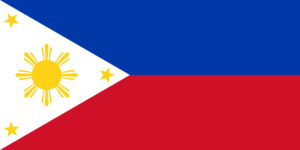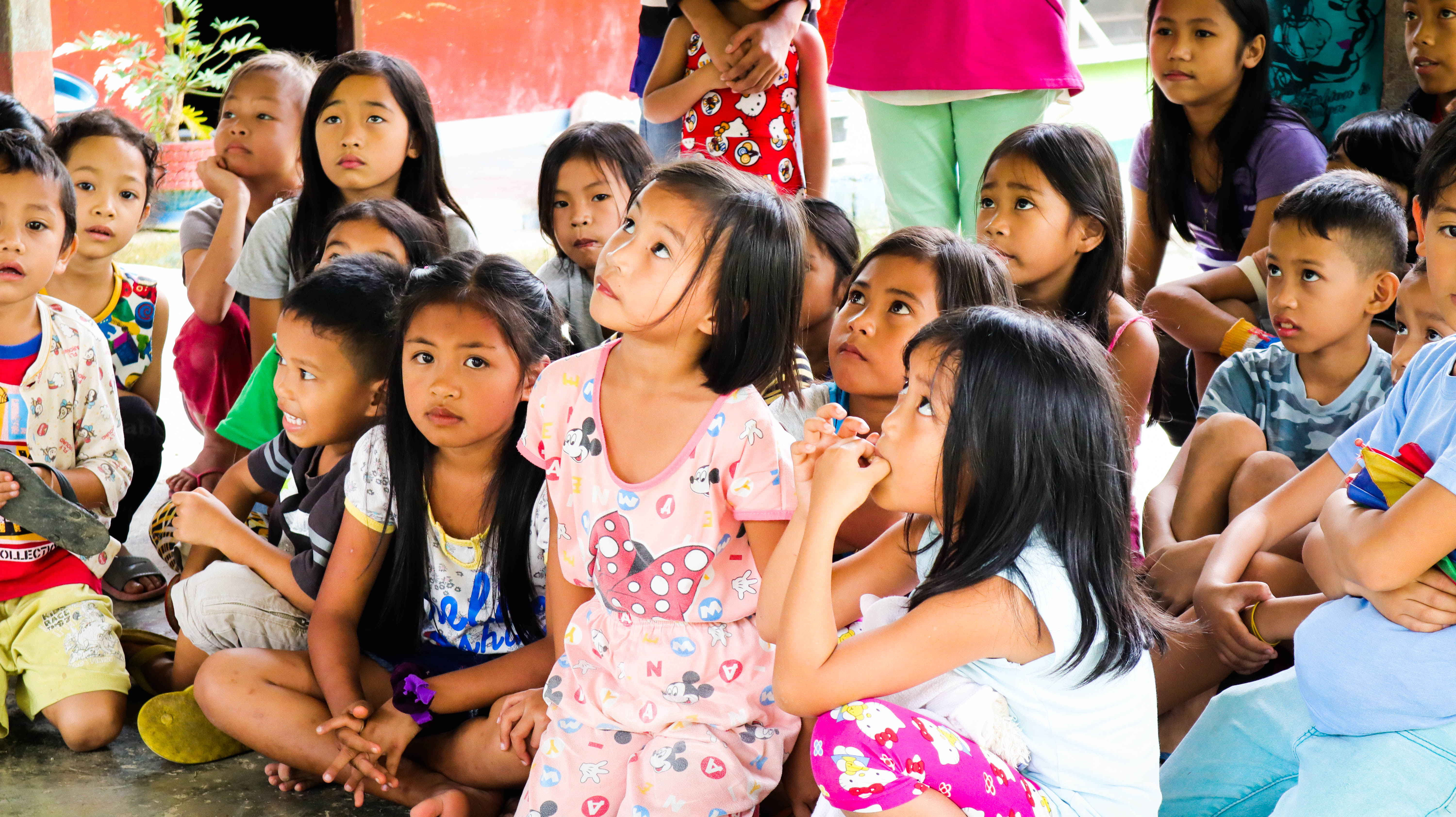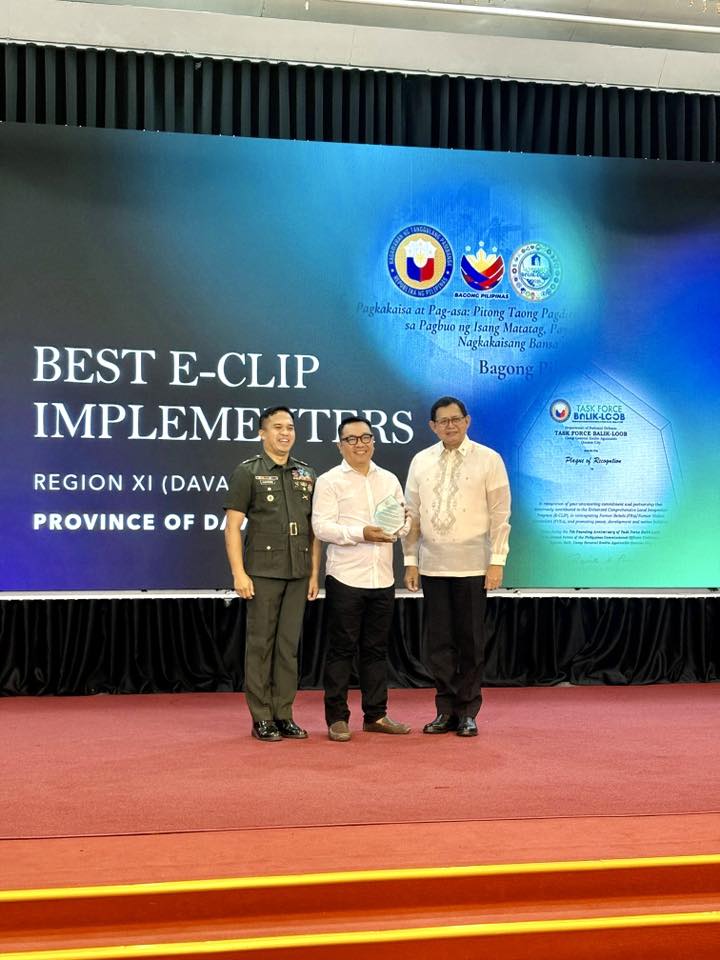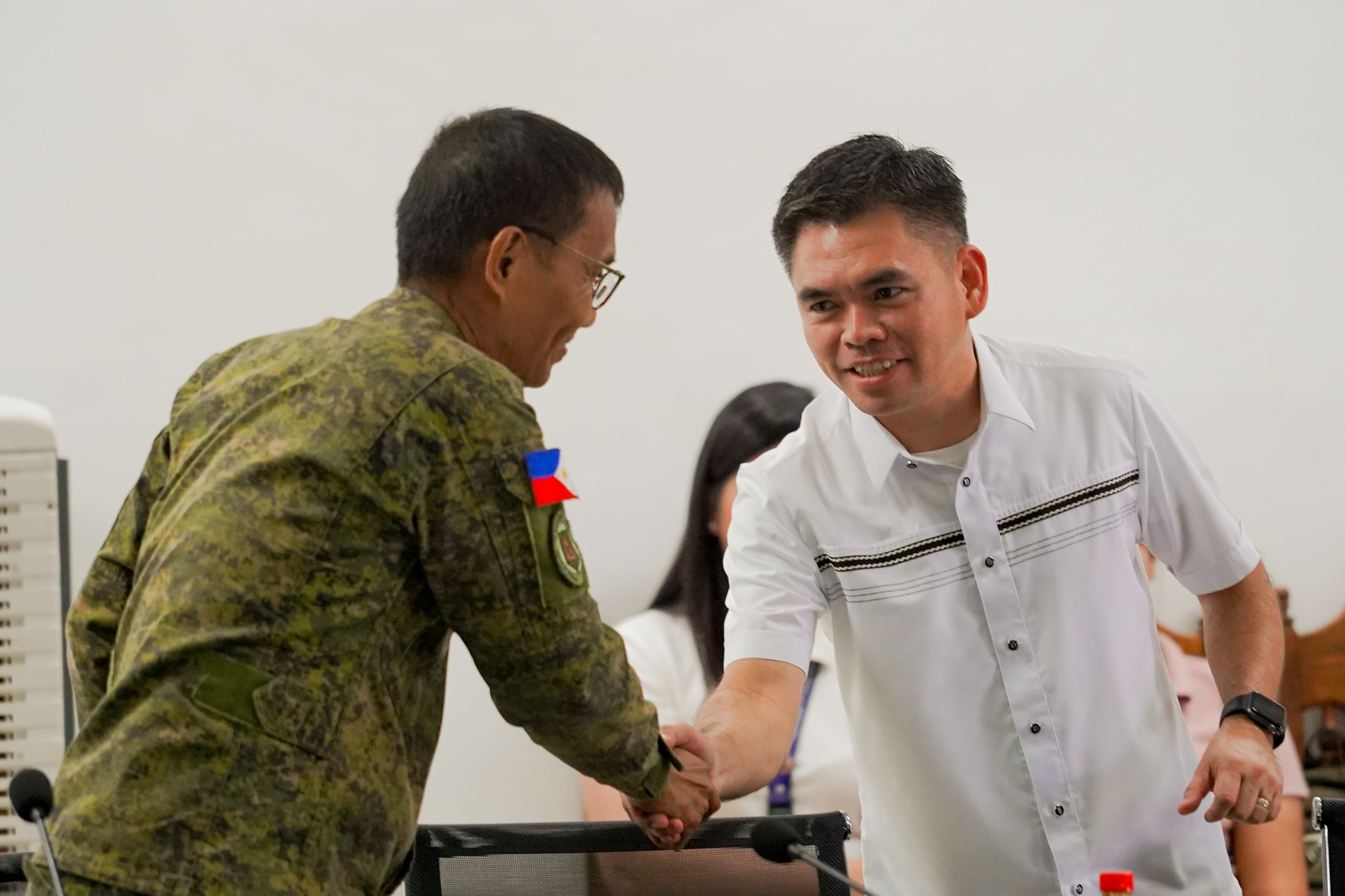LUPON, DAVAO ORIENTAL – In a continuous and serious bid to provide long-term solutions for poverty and insurgency, Governor Nelson Dayanghirang takes President Rodrigo Duterte’s Executive Order 70 or “Whole-of-Nation Approach to Attain Sustainable Peace and to End Local Communist Armed Conflict” down to the barangays through the province’s localized version Executive Order
After it piloted in Barangay Taocanga, Manay Davao Oriental, where departments of the provincial government and national agencies immersed with barangay folks and made a dialogue with them, the Provincial Government held its next stop in Barangay Marayag in the Municipality of Lupon on July 9-10.
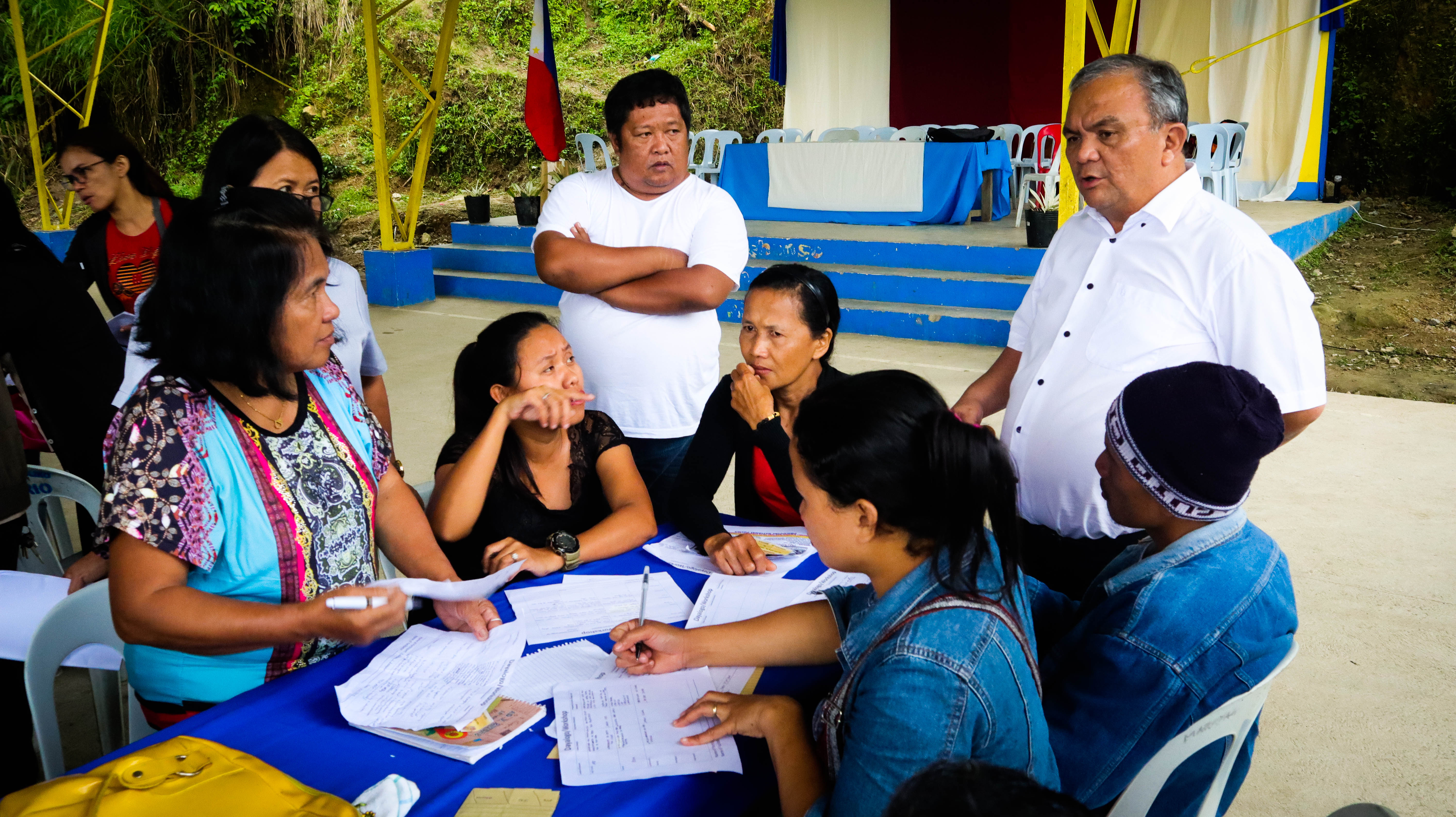
Barangay Marayag was chosen for the activity as it is one of the biggest barangays of Lupon with a history of CPP-NPA-NDF influence.
During the two-day immersion activity, the Provincial Task Force on Ending Local Communist Insurgency (PTF-ELCAC) composed of twelve clusters was able to converse with the locals and diagnose their community’s needs through a Comprehensive Needs Analysis. This, thus, gave the task force a concrete and realistic guide to the interventions it can implement in the community.
The structure of the localized version was replicated from EO 70, the Whole-of-Nation Approach of President Rodrigo Duterte, composed of clusters parallel to the national government.
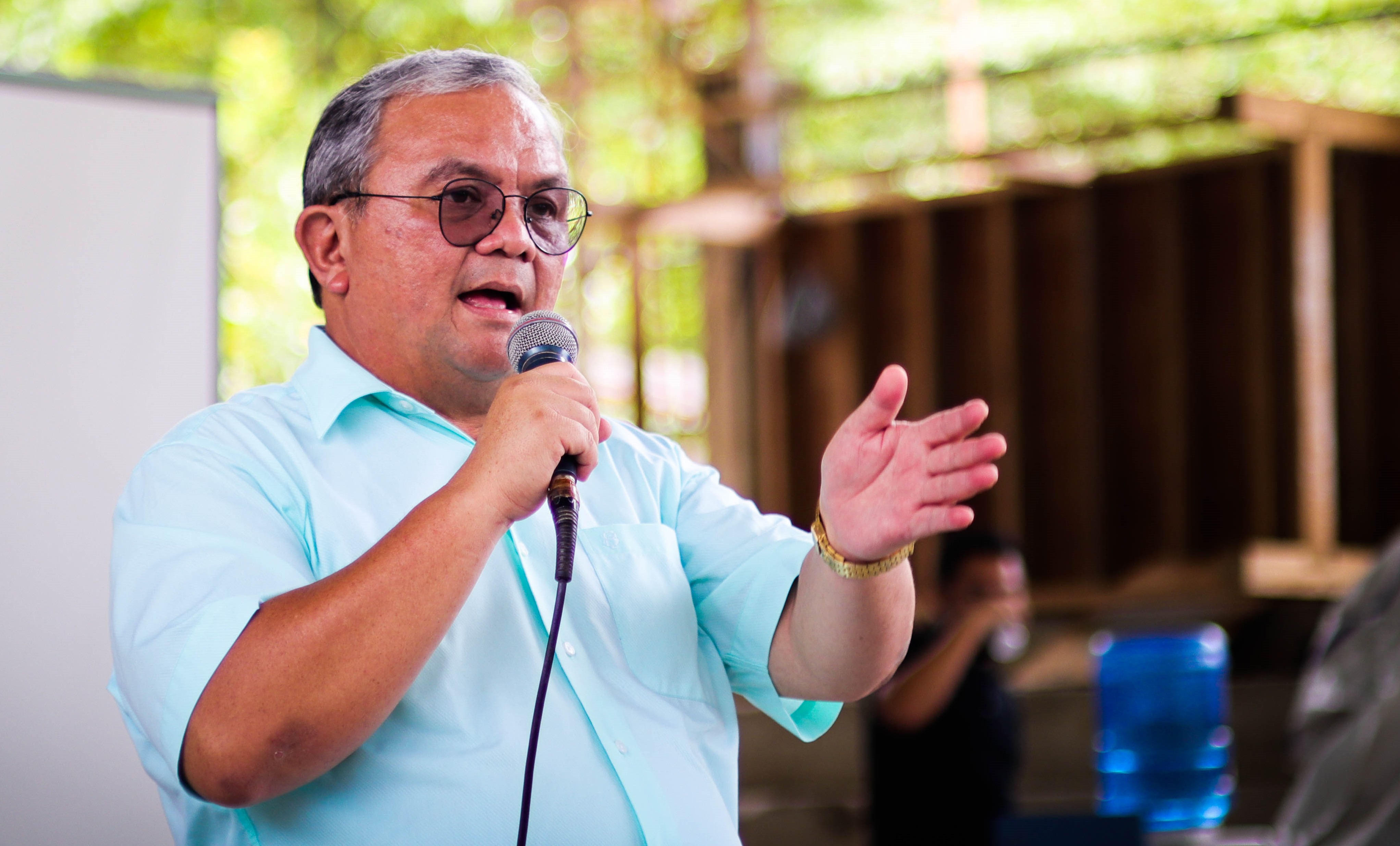
“In going to the barangays, there will be no services delivered. We will focus on our ultimate goal to ascertain the needs of the people and know the ills of society. Our strategies are localized peace talk with the families so that the message will go down quickly. We will also strategize through community immersion and sectoral dialogue. What is really important is the participation of our people, and this is empowering them and gaining mutual respect,” said PTF-ELCAC Vice Chairman Ednar Dayanghirang.
IMMERSION RESULTS
In the needs assessment of the community, the needs which surfaced included water system, employment, livelihood, education, activity centers for the schools, land tenure security, tribal hall for the indigenous people, and sanitation, among others.
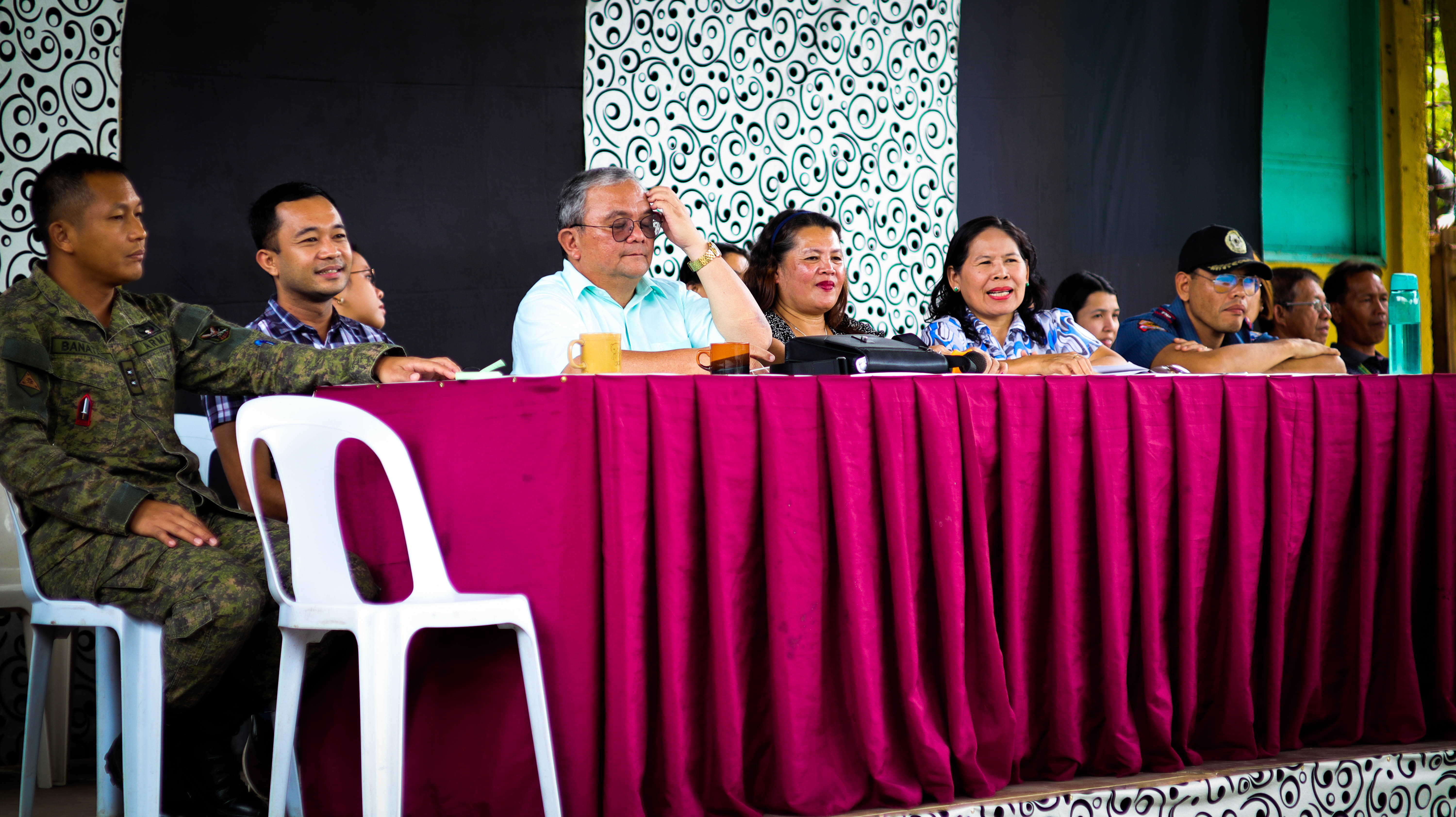
Some agencies were quick to give their commitment to respond to the needs of the barangay residents.
The Department of Agrarian Reform (DAR) was quick to act with the distribution of the Certificate of Land Ownership Award (CLOA) scheduled on July 17, 2019.
The Technical Education and Skills Development Authority and Department of Trade and Industry also scheduled a meeting with the barangay officials to ascertain what skills training do they need for their livelihood, while the Provincial Agriculture Office also set a meeting with the barangay officials to know what seedlings of crops do they need. And equally committed, the Provincial Task Force on Socialized Housing, strongly encouraged the residents to avail of the socialized housing projects of the provincial government.
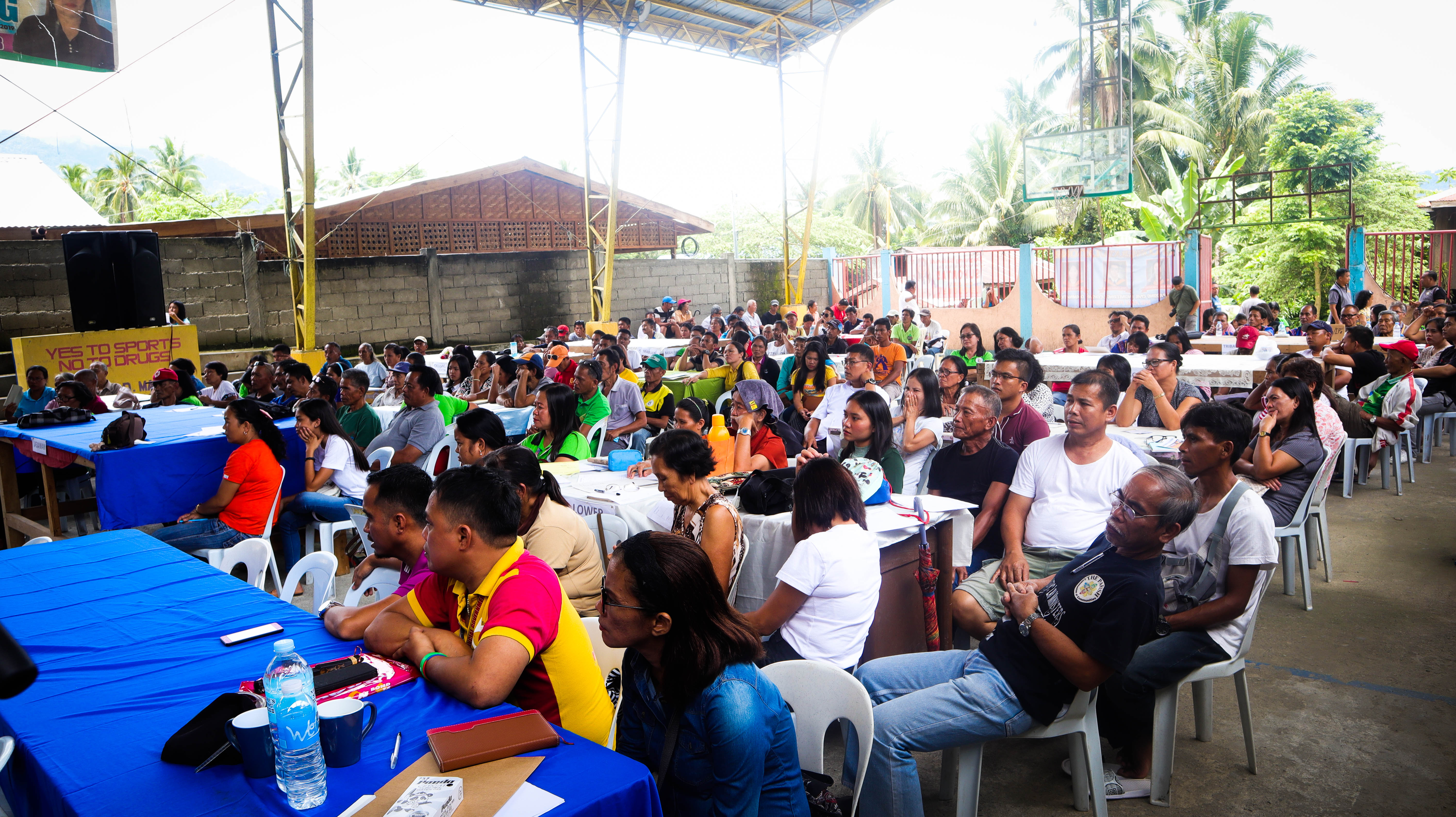
Mr. Dayanghirang furthered that the Governor wants a systematic and practical way of addressing the people’s needs.
“Those needs that can be accommodated by the barangay will be addressed by the barangay. Needs that require bigger attention and budget will be referred to the local government and to the province. This way, we inculcate a sense of belongingness to the measures that will be undertaken to find solutions to the problems, of which everybody must be a part of the solution,” he explained.
The Provincial Planning and Development Office was tasked to consolidate the assessment made in the barangays.
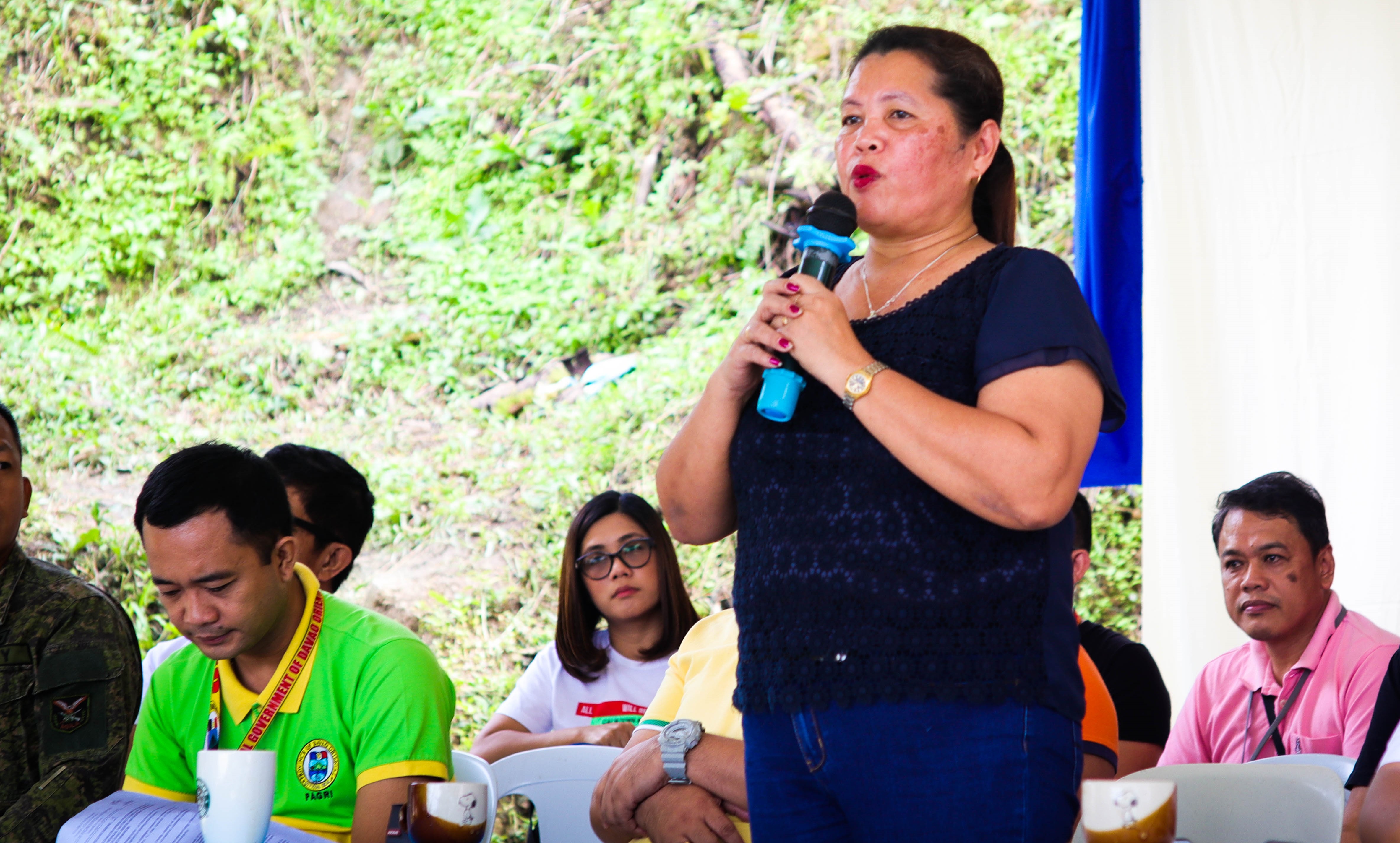
Barangay Chairman Helen Manggob was elated upon knowing that her barangay will be assessed.
In the dialogue, the residents from the different sectors were divided into groups. In each group, a teacher moderator jotted down what the residents had poured out and made a reporting to the task force.
The residents were asked to verbalize their dream for their family, for their community, and municipality, and for the sector that they represent. After which, they were asked to share the hindrances they see and experience in materializing those dreams, and recommend possible solutions.

Governor Nelson Dayanghirang emphasized that the program has to reach and has to be felt in all 183 barangays of the province, and in all the corners of the provincial government.
“Through the program we will promote participatory government and enhance the responsibility of the local government units. Through the program, we will have a continuous fight against poverty and insurgency,” he reiterated.
Further, Dayangirang added that his ardent desire is to greatly improve governance by including the different sectors in barangay in the different process of governance, in consistency to his thrust of an inclusive government. Photos by Rhea Shane Laureano
